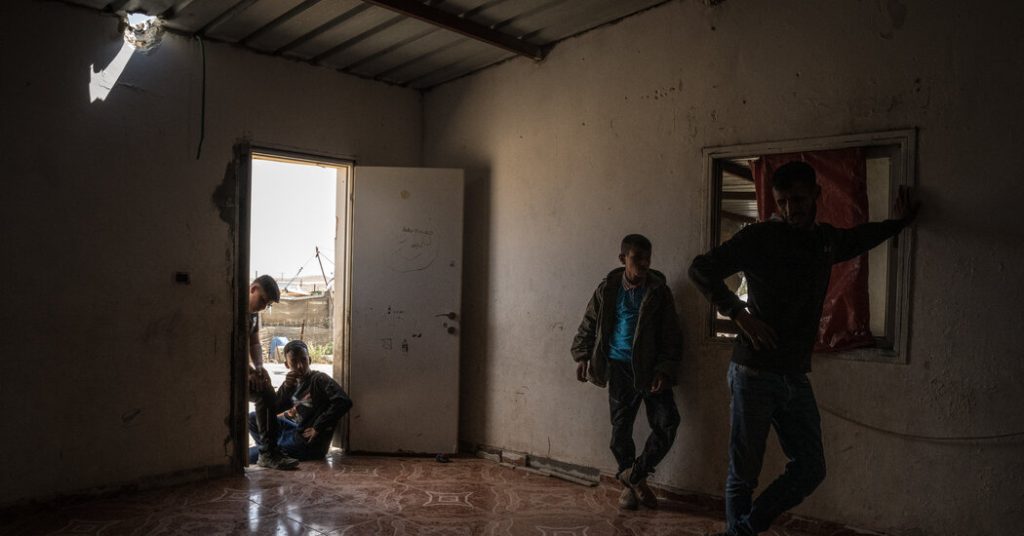Arab countries in the Middle East, including the United Arab Emirates, Oman, Jordan, and Egypt, have been attempting to contain the conflict between Israel and Hamas. However, the recent Iranian drone and missile attack on Israel has expanded the conflict, making a direct confrontation between Israel and Iran more likely. The United States and Iran are currently the main forces working to prevent a wider war, with Iran stating that they intend to keep their attacks limited. However, the threat of a regional war involving the U.S. is becoming more real, causing concern among citizens in Arab countries who are already experiencing missile attacks.
The attack has led to a divided response from officials and analysts in the Arab world, with most urging de-escalation to avoid further conflict. Countries such as Yemen and Lebanon, which have close ties to Iran, have shown support for the attack. Saudi Arabia, which has been working towards warmer relations with Iran, expressed extreme concern over the escalation of military actions in the region and called for restraint to protect the people from the dangers of war. Arab countries are faced with a dilemma of either seeking more engagement and security guarantees from the United States or distancing themselves to avoid being targeted by Iran.
Before the recent conflict in Gaza, Arab countries had been adjusting their geopolitical relationships in response to Iran’s increasing influence and the redirection of U.S. focus towards Asia. The war in Gaza has further complicated these relationships, with countries like Saudi Arabia seeking diplomatic relations with Iran. However, the conflict has dragged the Gulf states, Egypt, and Jordan into a situation they wanted to avoid, with Jordan facing criticism for defending Israel against Iranian missiles. While Arab countries have largely avoided direct attacks on their petroleum exports, the conflict between Israel and Iran is creating tensions and raising costs in the region.
The current conflict is straining the diplomatic relations between Israel and some Arab states that recently signed the Abraham Accords. The United Arab Emirates, Bahrain, and Saudi Arabia have distanced themselves from Israel since the beginning of the Gaza war, with Saudi Arabia insisting on a pathway to a Palestinian state before normalizing relations. Saudi Arabia is seeking security guarantees from the United States in the event of an attack by Iran, changing its stance on relations with Israel. Some Arab countries, including Qatar and Oman, are actively working behind the scenes to bring about a ceasefire and renew diplomatic efforts to prevent further escalation.
As the region faces the threat of a broader war, Arab countries are seeking to play a role in diplomatic solutions to avoid further conflict. Qatar and Oman have become key players in shuttle diplomacy between Iran, the United States, and Hamas, working towards a ceasefire and preventing a wider conflict. The question now is which country can effectively act as a mediator between Israel and Iran, with the rules and red lines of the conflict changing. Overall, the region is navigating a delicate situation, balancing the desire to prevent a wider war while also protecting their interests and populations.


